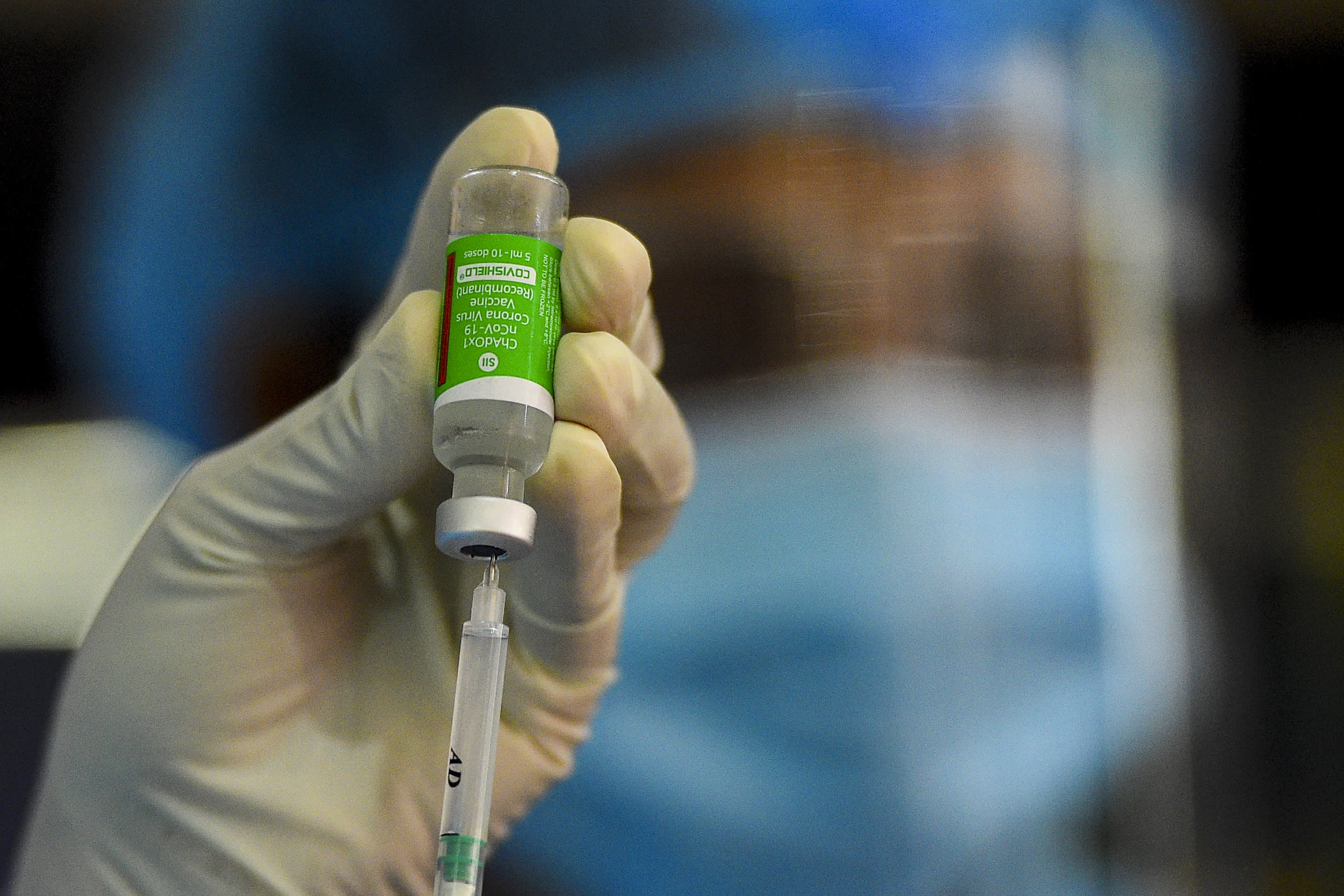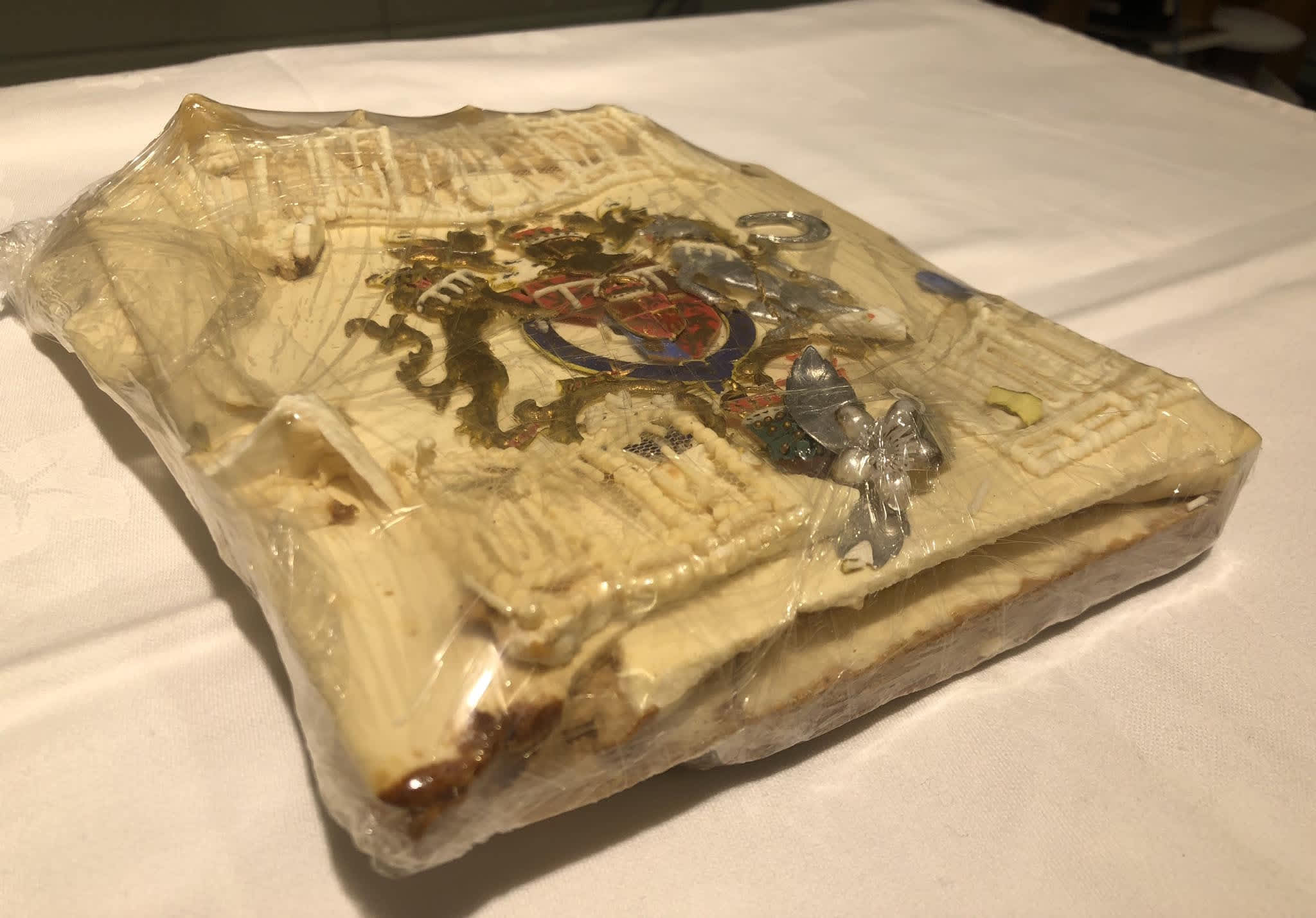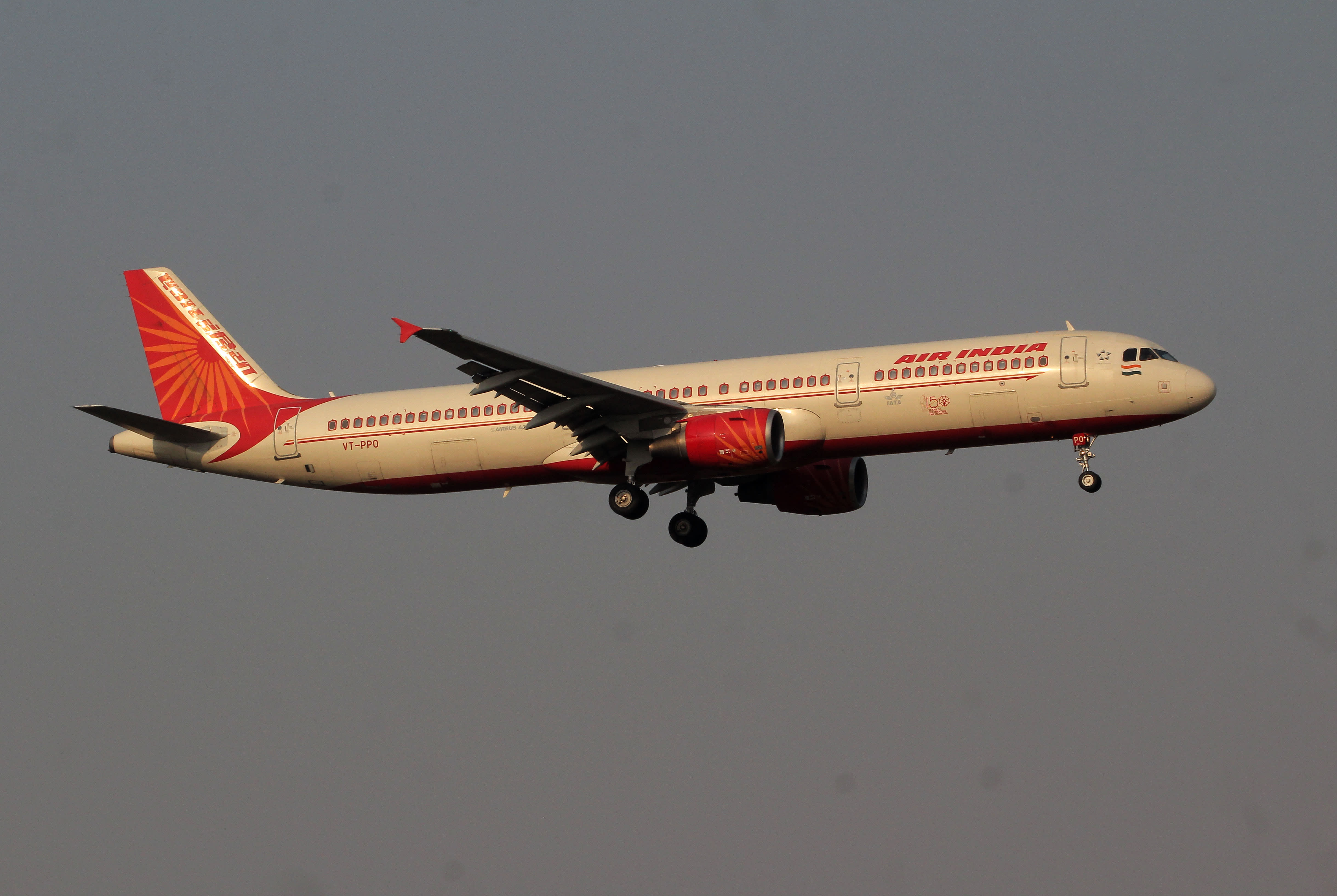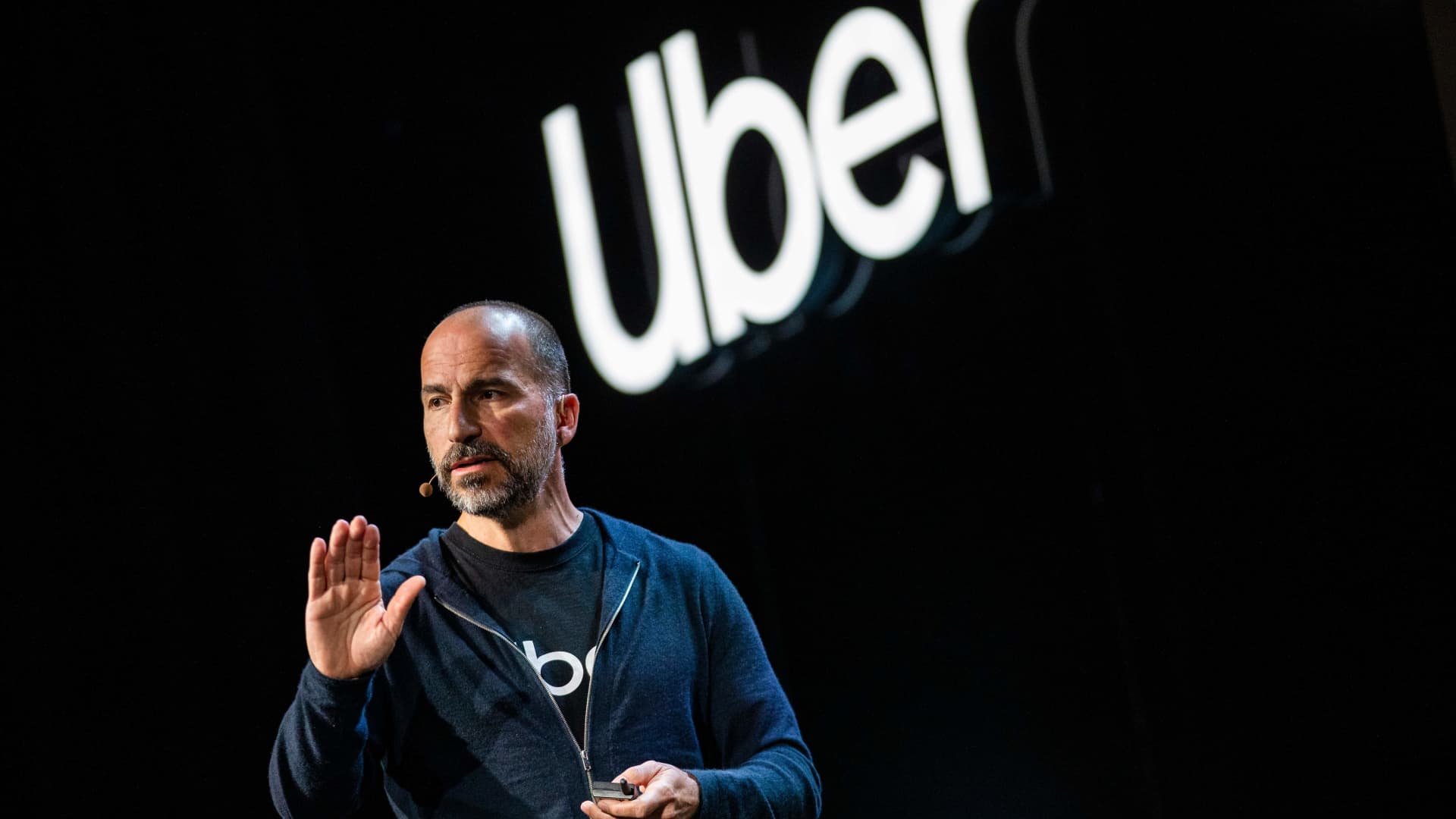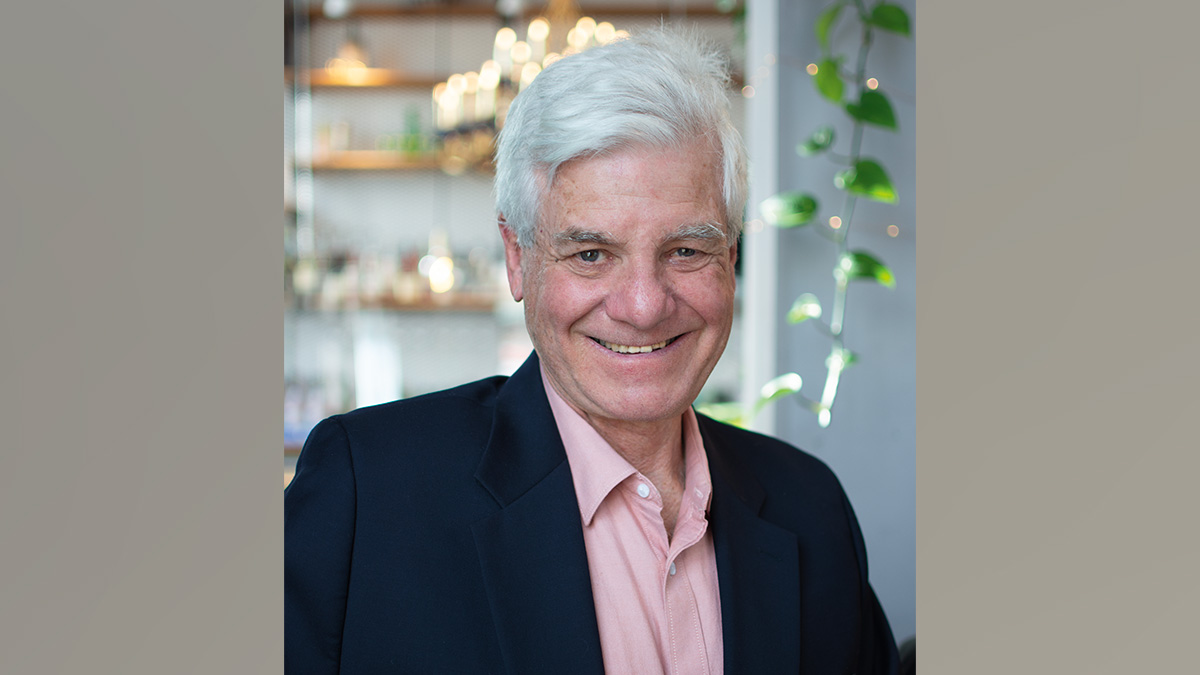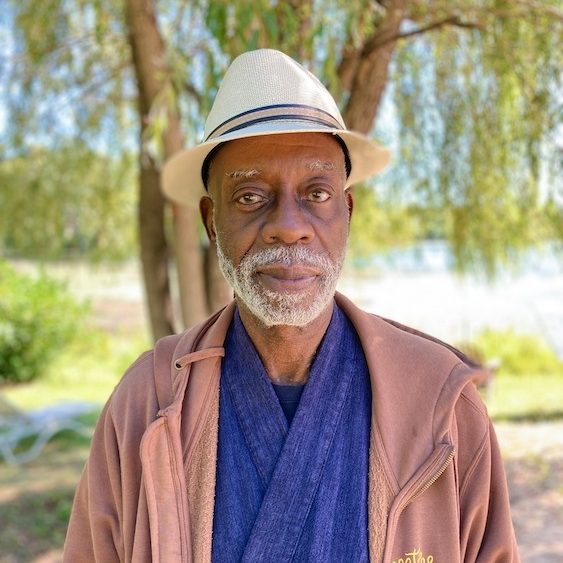Biden believes Putin has decided to attack Ukraine in coming days
The stunning revelation comes as an extraordinary number of Russian forces advance on Ukraine's northern and eastern flank.
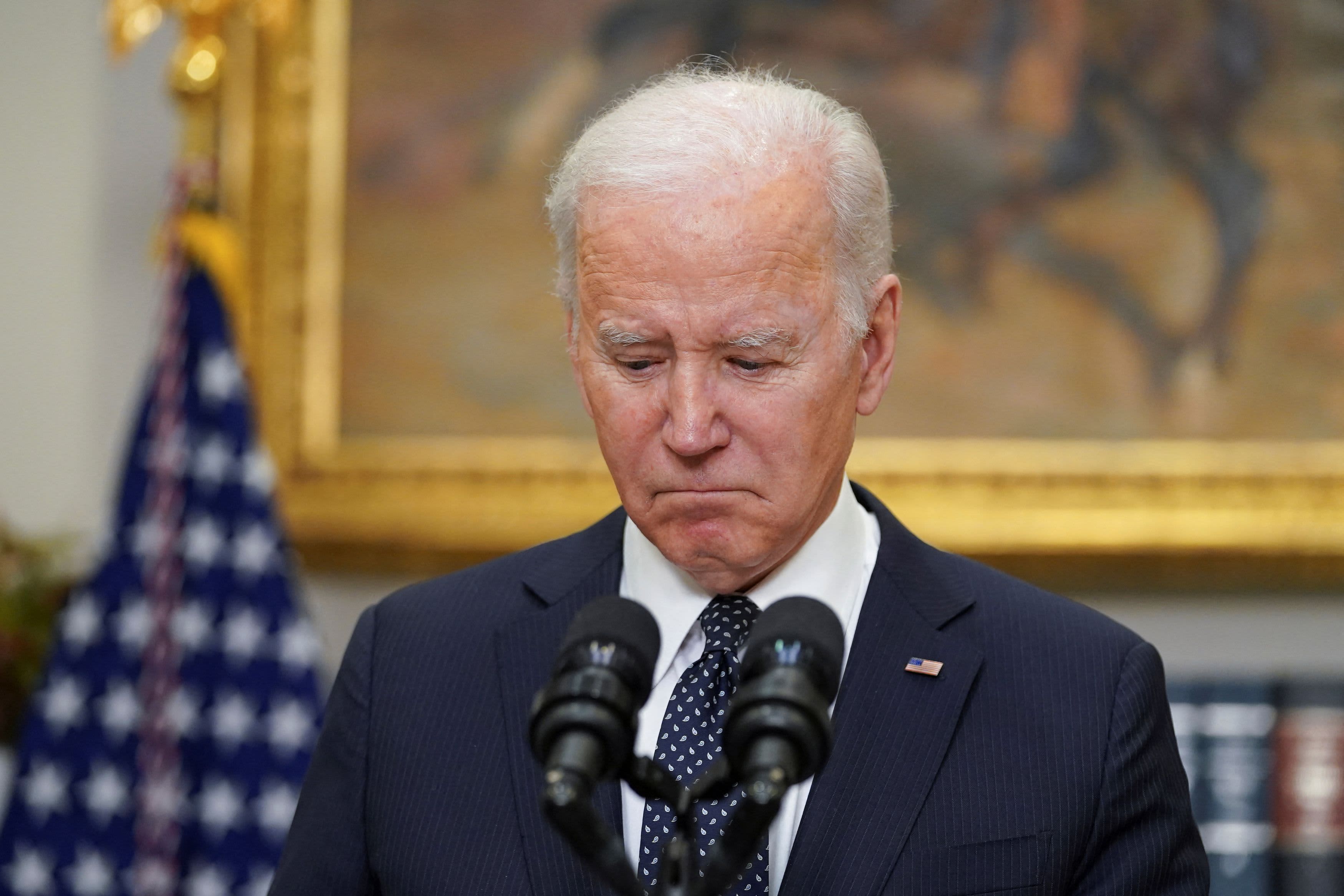
WASHINGTON — President Joe Biden said Friday that the United States believes that Russian President Vladimir Putin has decided to carry out an attack on Ukraine "in the coming days."
"We have reason to believe the Russian forces are planning and intend to attack Ukraine in the coming week, in the coming days," Biden said in remarks at the White House. "We believe that they will target Ukraine's capital, Kyiv, a city of 2.8 million innocent people."
The stunning revelation comes as an extraordinary number of Russian forces advance on Ukraine's northern and eastern flank.
The increased military presence mimics Russia's playbook ahead of its 2014 illegal annexation of Crimea, a peninsula on the Black Sea, which sparked international uproar and triggered sanctions against Moscow.
The Biden administration has previously declined to predict Putin's playbook even as Russia has deployed nearly half of its military to Ukraine's borders. When asked, Biden said that there was still time for Putin to choose a path of diplomacy.
In his second address this week, Biden reiterated U.S. commitment to defending NATO allies should the crisis on Ukraine's border with Russia spill over into an all-out war.
"The United States and our allies are prepared to defend every inch of NATO territory from any threat to our collective security," Biden said, evoking the alliance's Article 5 rule.
A cornerstone of the 30-member alliance is the principle of collective defense, known as Article 5, which states that an attack on one NATO country is an attack on all allies.
The Kremlin has denied that the more than 150,000 Russian troops outfitted with advanced military equipment along Ukraine's borders are preparing for an invasion.
Biden issued fresh warnings that Washington's allies were ready to impose powerful sanctions designed to undermine Russia's ability to compete economically. Earlier in the week, Biden said Russia's new gas pipeline with Germany, known as NordStream 2, would also be halted.
Biden said that while he would not commit to sending U.S. troops to Ukraine, he would approve troop deployments to NATO member countries. Earlier on Friday, Biden ordered more U.S. troops and military equipment to Hungary, a NATO ally that borders Ukraine.
Earlier on Thursday, Secretary of State Antony Blinken warned that the renewed Russian aggression against Ukraine will disrupt not only European security but the world's international order of maintaining peace.
"What's at stake is, first yes, the lives and wellbeing of Ukrainians, but what's at stake are larger principles that are the foundation of the entire international order," explained America's top diplomat during a panel discussion at the Munich Security Conference.
"Those principles are being challenged right now by Russia in Ukraine, principles like you can't change the borders of another country by force, principles like you can't dictate to another country its choices, its decisions, its policies including with who they associate, principles like you cannot exert a sphere of influence to subjugate neighbors to your will," Blinken added.
Before traveling to Munich, Blinken made a dramatic appearance at the United Nations to share a grim assessment of what Russian forces could do to Ukraine if the Kremlin suddenly launched an attack.
"We don't know precisely how things will play out. But here's what the world could expect to see unfold. In fact, it's unfolding right now," Blinken told the U.N. Security Council.
"Russian missiles and bombs will drop across Ukraine. Communications will be jammed, cyberattacks will shut down key Ukrainian institutions. After that, Russian tanks and soldiers will advance on key targets that have already been identified and mapped out in detailed plans," he added.
At the NATO headquarters, Biden's Secretary of Defense Lloyd Austin told reporters that the U.S. and its allies still would prefer a diplomatic resolution to the crisis on Ukraine's borders.
"Of course, one thing that Mr. Putin says he wants to do is to engage in more dialogue. As we have said all along, we would welcome that," Austin said wrapping up a two-day meeting with NATO allies.
"As his deeds thus far tend to indicate, it will be clear to the entire world that we started a war with diplomatic options. It will be Mr. Putin who will bear the responsibility for the suffering and the immense sacrifice that ensues," he said, calling on Putin to withdraw troops from Ukraine's borders.
Last month, Chairman of the Joint Chiefs of Staff U.S. Army Gen. Mark Milley told reporters at the Pentagon that Russia's posture along Ukraine's border was unlike anything he has seen during his four-decade military career.
He said the Russians have deployed air forces, naval forces, special forces, cyber electronic warfare, command and control, logistics engineers and other capabilities along Ukraine's border.
"Given the type of forces that are arrayed, the ground maneuver forces, the artillery, the ballistic missiles, the air forces, all of it packaged together. If that was unleashed on Ukraine, it would be significant, very significant, and it would result in a significant amount of casualties," Milley said on Jan. 28.
"It would be horrific," he added.

 FrankLin
FrankLin 








